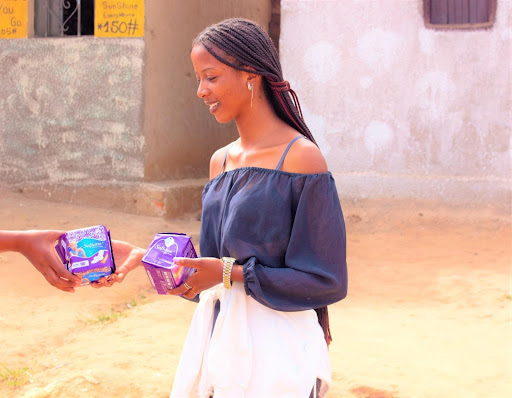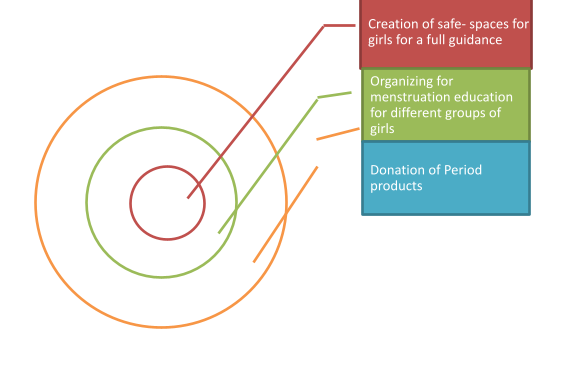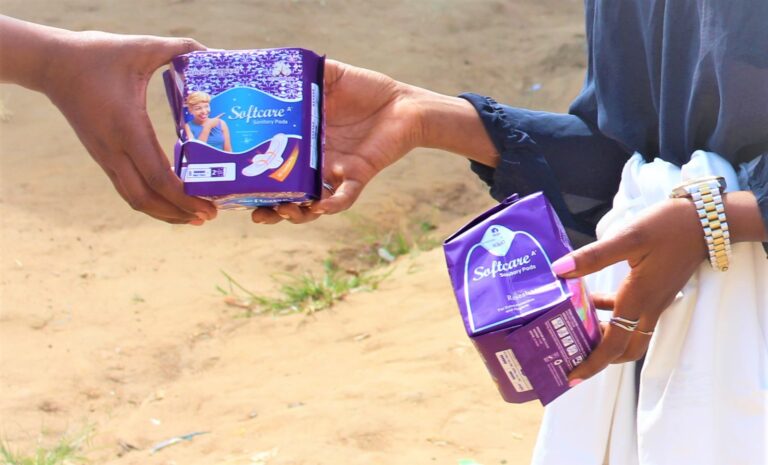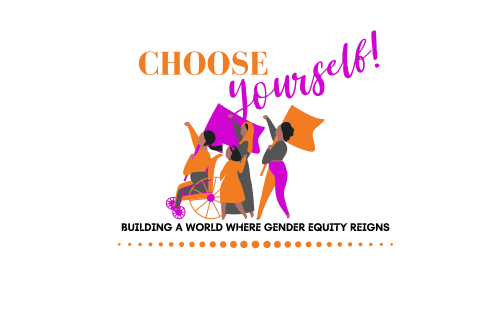We have to understand that the total number of Refugee in the NAKIVALE settlement is 104,168 this is the statistic for 2019 and every single day there newcomers are in the refugee camp. The statistic says that women and children take up 76% of the total population, and Women and girls take up 50%.
Now, how do they survive, and how does menstruation impact them and the Education of young girls?
Menstruation is a burden because the majority of girls and women do not have sanitary products to use during their period. As a Refugee woman or adolescent, nobody teaches you about menstruation. The situation at the camp is centered on survival, and sometimes menstruating is not a priority concern.
A personal experience: Grace’s story

My name is Grace I’m 19 years old, I dropped out of school when I was 13 years old
The first time I got it I knew nothing about menstruation, at first I thought I had a wound, and I was at school I felt bad, so I packed my things and went home very ashamed because I had already stained my skirt
Boys in my classmates fun of my situation and bully me
I was living with my grandmother, but she never told me about menstruation that why I did not know what it was
One of my classmates told me to look for pieces of clothes to manage, I didn’t care about which kind of clothes I should look for I just took any, which causes infections I suffered for almost a month and after getting better I was ashamed of going back to school, I gain spent two weeks dogging school, when I finally decided to go back I was uncomfortable, period changed even my smell, so I decided to drop out of school, for me to get used of period it took almost a year, at 15 years old I got pregnant am now a mother of two children.
This is my story; I wish I knew more about menstruation before and learn how to protect myself.
DOORS OF SUPPORT AND HELP



